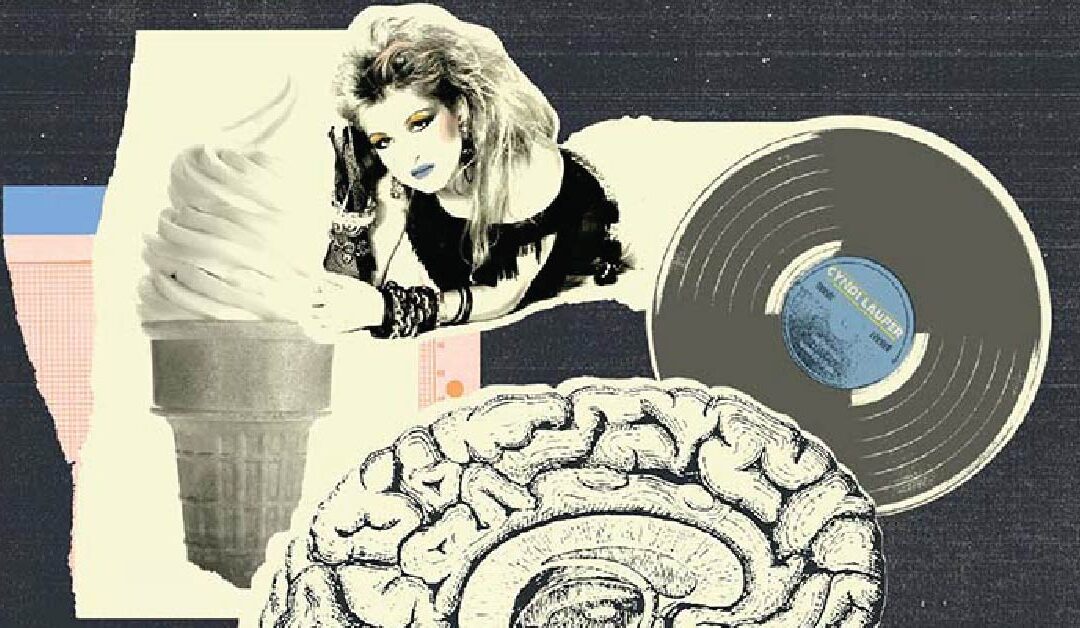This article was originally published in MPLS St. Paul.
Digging deep into the science behind the actually-productive and healthy human condition of being nostalgic.
In the spring of 2020, households across the country listened to Elvis Presley and Cyndi Lauper, reread various children’s books, watched The Shawshank Redemption, and FaceTimed with old friends. (I even ventured into a dusty storage area to dig out a circa-1994 mixtape and convert it to a Spotify playlist.)
“Every artist’s dream,” Lauper wrote on Spotify’s blog, “is that their music can be a sense of comfort, of joy, of inspiration.”
It was no coincidence that so many of us escaped to the past during pandemic lockdowns. During times of anxiety and uncertainty, we become more nostalgic, confirms Clay Routledge, a psychologist and the vice president of research and director of the Human Flourishing Lab at the Archbridge Institute, a nonpartisan Washington D.C.–based think tank. Research conducted during the pandemic showed that the more nostalgia people reported, the less likely they were to feel anxious or stressed.



